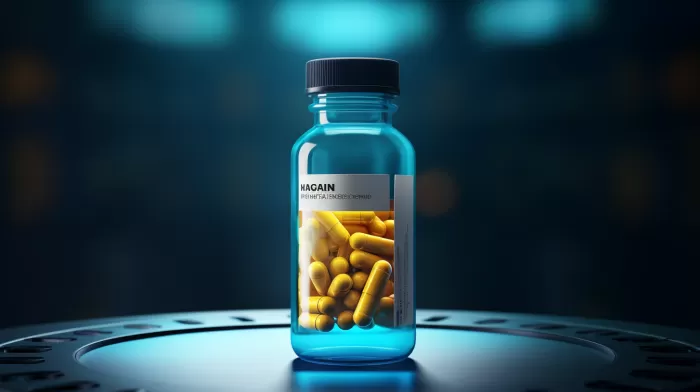As men age, they often experience an enlarged prostate gland due to metabolic, hormonal and inflammatory changes. This condition, called benign prostatic hyperplasia (BPH), can lead to uncomfortable symptoms such as a weak urine stream, difficulty starting urination, a sense of not fully emptying the bladder, urine leakage, increased frequency of urination, and a strong and sudden desire to urinate, especially during the night.
Prostate Drugs: Advantages and Disadvantages
Men with these symptoms are often prescribed alpha-blockers, such as Tamsulosin (Flomax), which can help relax the prostate smooth muscle and improve urination. Other drugs, such as Proscar (Finasteride) or Avodart (Dutasteride), work by reducing prostate volume to enhance urinary function.
A study conducted by researchers at the Boston University School of Medicine published in the journal Hormones Molecular Biology and Clinical Investigations provided valuable insights into the use of Avodart and Tamsulosin in treating BPH. The researchers followed two groups of men with BPH, one prescribed Avodart and the other prescribed Tamsulosin, for 36 to 42 months. The study collected extensive data, such as blood glucose, hemoglobin A1C, total cholesterol, LDL cholesterol (bad cholesterol), HDL cholesterol (good cholesterol), liver function enzymes, and quality of life questionnaires.
The positive findings of the study were that long-term treatment with Avodart (Dutasteride) was associated with significant improvements in lower urinary tract symptoms in men with BPH and a reduction in prostate volume. However, Avodart showed significant negative health impacts: it worsened sexual function, reduced quality of life, increased blood sugar and A1C levels, and elevated blood lipids. These adverse effects might predispose men to diabetes and non-alcoholic fatty liver disease. Conversely, these negative impacts were not observed in the group taking Tamsulosin.
Ongoing Research and Patient Empowerment
Researchers continue to investigate the safety and efficacy of these medications, and their findings should inform the conversation men have with their healthcare providers. Physicians should discuss potential serious adverse effects of long-term Dutasteride therapy with their patients before starting treatment.
When discussing BPH medication with your healthcare provider, consider asking the following questions:
- Why do I specifically need this medication?
- What are the alternative medicines available, and what is the current research on their safety and effectiveness?
- How long do you expect me to take Avodart?
- Will this medication conflict with other medicines I take?
- Are there other natural supplement options I can try?
Seeking answers to these questions empowers patients to be informed participants in their own healing journey. As integrative medicine incorporates both art and science, it’s crucial to conduct ongoing research and stay informed in this rapidly evolving field.
Natural Approaches to Prostate Health
Some integrative physicians, with backgrounds in both Western medicine and Traditional Chinese Medicine, suggest the use of botanical and nutritional approaches to promote and maintain healthy prostate function. Combining these natural therapies with exercise, a healthy diet, and stress control can often be effective on their own or when used alongside Western medical approaches. Practices such as meditation and chi gong can also help improve overall health and well-being.
Stay informed and ask questions to protect your prostate health and find the right treatment plan for your needs.



